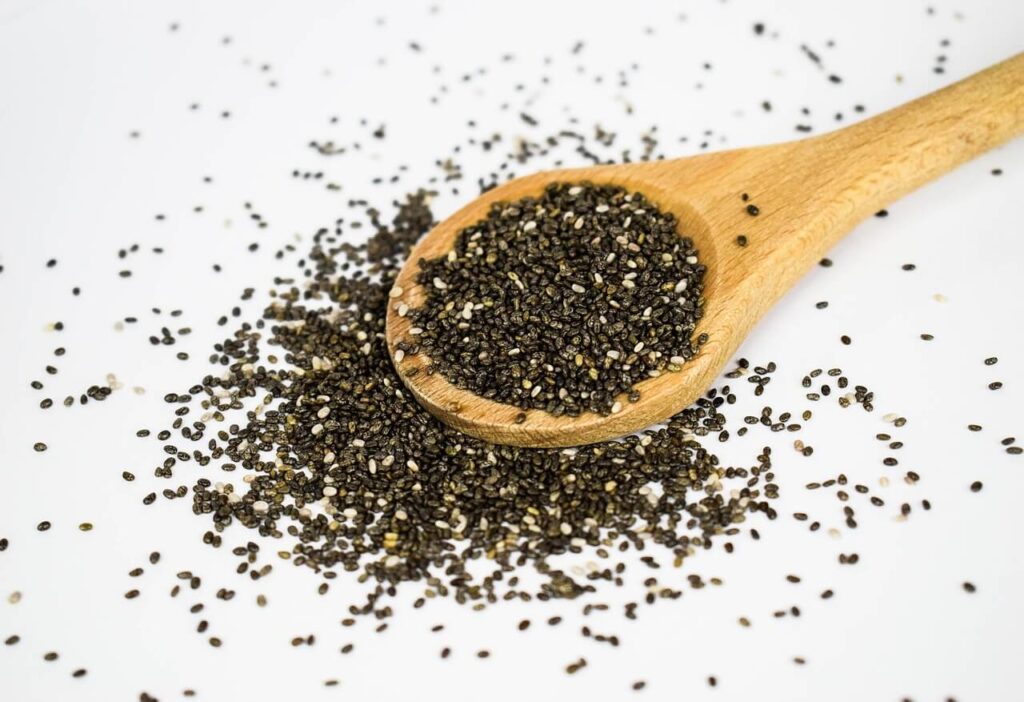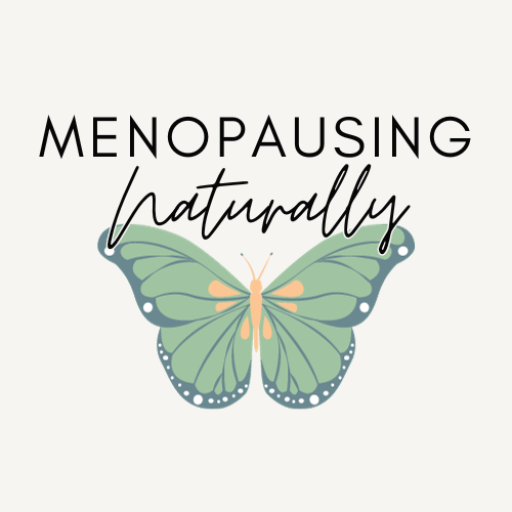The Role of Omega-3 Fatty Acids in Women’s Health
Omega-3 fatty acids are essential fats that play a crucial role in maintaining overall health. For women, these fats are particularly important due to their numerous benefits that span across various stages of life, from reproductive years to menopause and beyond. This article explores the significant roles omega-3 fatty acids play in women’s health, highlighting their benefits, sources, and the science behind their importance.
What Are Omega-3 Fatty Acids?
Omega-3 fatty acids are polyunsaturated fats that are essential for human health but cannot be synthesized by the body. There are three main types:
- Alpha-linolenic acid (ALA): Found in plant oils such as flaxseed, soybean, and canola oils.
- Eicosapentaenoic acid (EPA) and Docosahexaenoic acid (DHA): Found in marine oils, particularly fish oils.

Benefits of Omega-3 Fatty Acids for Women
1. Heart Health
Cardiovascular disease is a leading cause of death among women. Omega-3 fatty acids, particularly EPA and DHA, have been shown to:
- Reduce triglyceride levels.
- Lower blood pressure.
- Decrease the risk of arrhythmias.
- Slow the development of plaque in the arteries.
- Reduce the likelihood of heart attack and stroke.
2. Reproductive Health
Omega-3 fatty acids play a vital role in reproductive health and pregnancy. They help in:
- Reducing the risk of preterm birth.
- Promoting fetal brain and eye development.
- Alleviating symptoms of premenstrual syndrome (PMS).
- Improving fertility by supporting hormonal balance and reducing inflammation.
3. Mental Health
Mental health is a critical aspect of overall well-being, and omega-3 fatty acids contribute significantly by:
- Reducing symptoms of depression and anxiety.
- Supporting cognitive function and memory.
- Lowering the risk of age-related cognitive decline and dementia.
4. Menopausal Symptoms
During menopause, women experience a decline in estrogen levels, leading to various symptoms. Omega-3 fatty acids can help in:
- Reducing the severity and frequency of hot flashes.
- Alleviating joint pain and stiffness.
- Improving mood and reducing the risk of depression.
5. Bone Health
Omega-3 fatty acids contribute to bone health by:
- Enhancing calcium absorption.
- Reducing inflammation that can lead to bone loss.
- Supporting overall bone density, reducing the risk of osteoporosis.
6. Skin Health
For women, maintaining healthy skin is essential, and omega-3 fatty acids play a role in:
- Reducing inflammation and preventing acne.
- Keeping skin hydrated and preventing dryness.
- Improving skin elasticity and reducing the appearance of wrinkles.
Sources of Omega-3 Fatty Acids
To reap the benefits of omega-3 fatty acids, it is important to include rich sources in the diet. These include:
- Fatty Fish: Salmon, mackerel, sardines, and tuna.
- Nuts and Seeds: Flaxseeds, chia seeds, and walnuts.
- Plant Oils: Flaxseed oil, soybean oil, and canola oil.
- Supplements: Fish oil capsules, cod liver oil, and algae-based supplements.
Recommended Intake
The recommended intake of omega-3 fatty acids varies by age and life stage. For general health, the American Heart Association recommends:
- At least two servings of fatty fish per week.
- Supplements can be considered for those who do not consume enough omega-3-rich foods, after consulting with a healthcare provider.
Conclusion
Omega-3 fatty acids are indispensable for women’s health, offering benefits that range from cardiovascular protection to mental well-being and skin health. Incorporating omega-3-rich foods into the diet or considering supplements can significantly improve overall health and quality of life. As always, it’s advisable to consult with a healthcare provider before making significant changes to your diet or supplement regimen.
FAQs About Omega-3 Fatty Acids in Women’s Health
What are the best sources of omega-3 fatty acids for women?
The best sources of omega-3 fatty acids for women include fatty fish such as salmon, mackerel, sardines, and tuna. Plant-based sources include flaxseeds, chia seeds, and walnuts. Additionally, flaxseed oil, soybean oil, and canola oil are good plant-based options. For those who do not consume enough omega-3-rich foods, supplements like fish oil capsules, cod liver oil, and algae-based supplements can be considered.
How do omega-3 fatty acids benefit mental health in women?
Omega-3 fatty acids, particularly EPA and DHA, play a significant role in supporting mental health in women. They help reduce symptoms of depression and anxiety, support cognitive function and memory, and lower the risk of age-related cognitive decline and dementia. These fatty acids contribute to brain health by reducing inflammation and supporting neurotransmitter function, which can improve mood and mental well-being.






